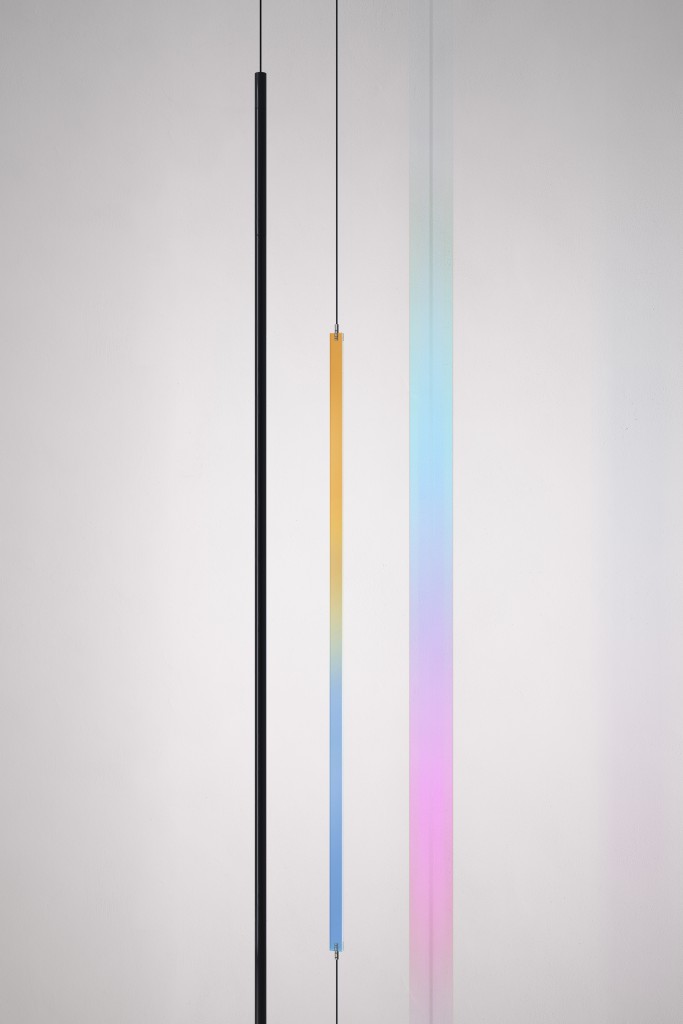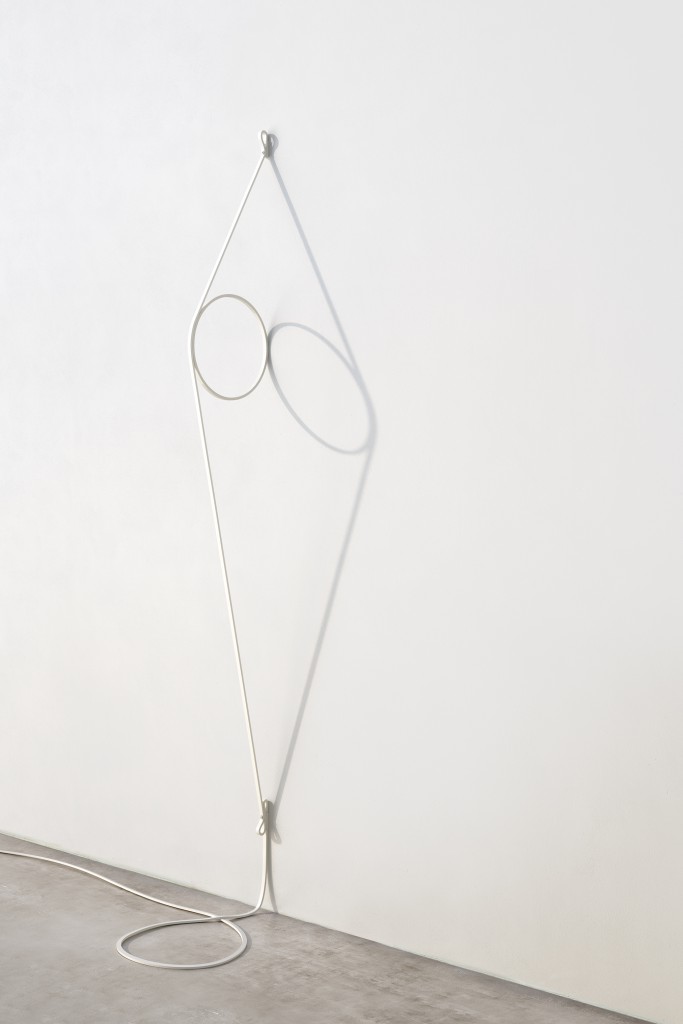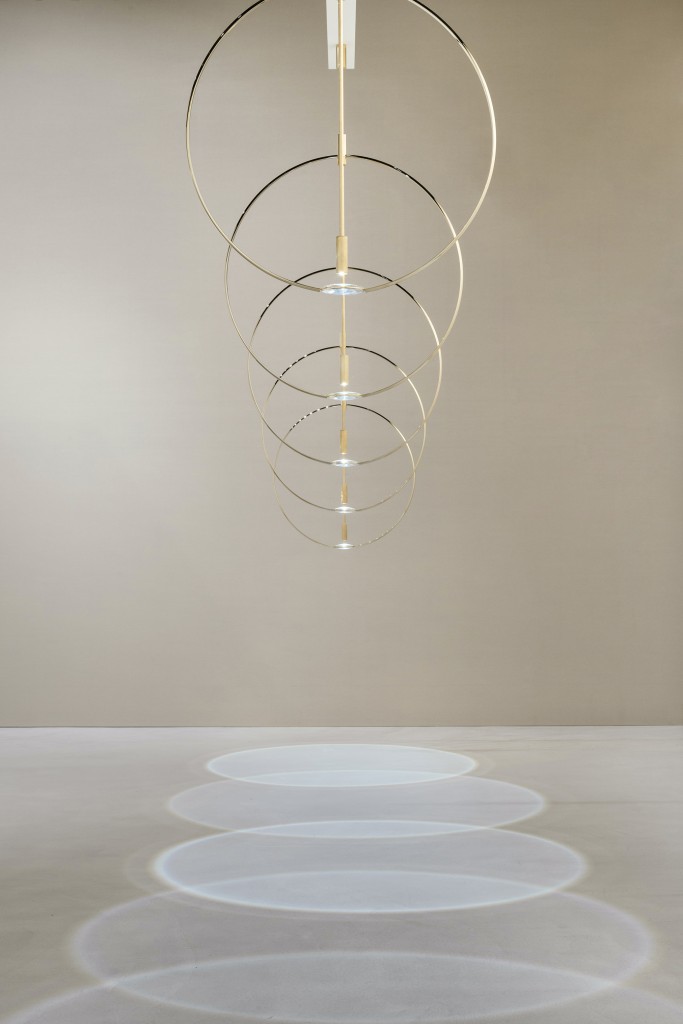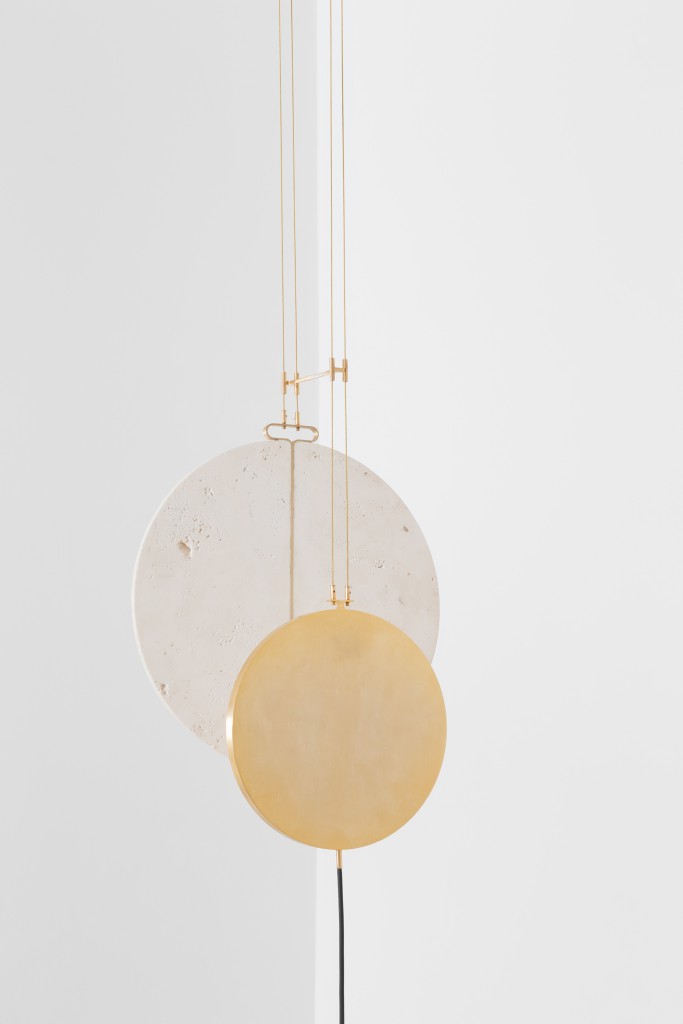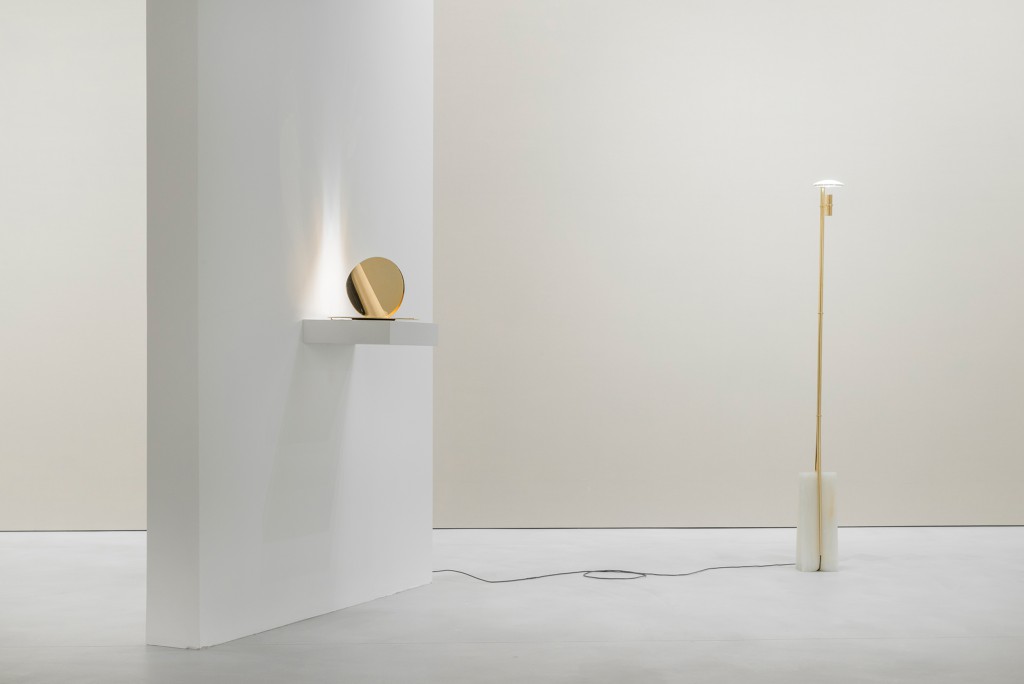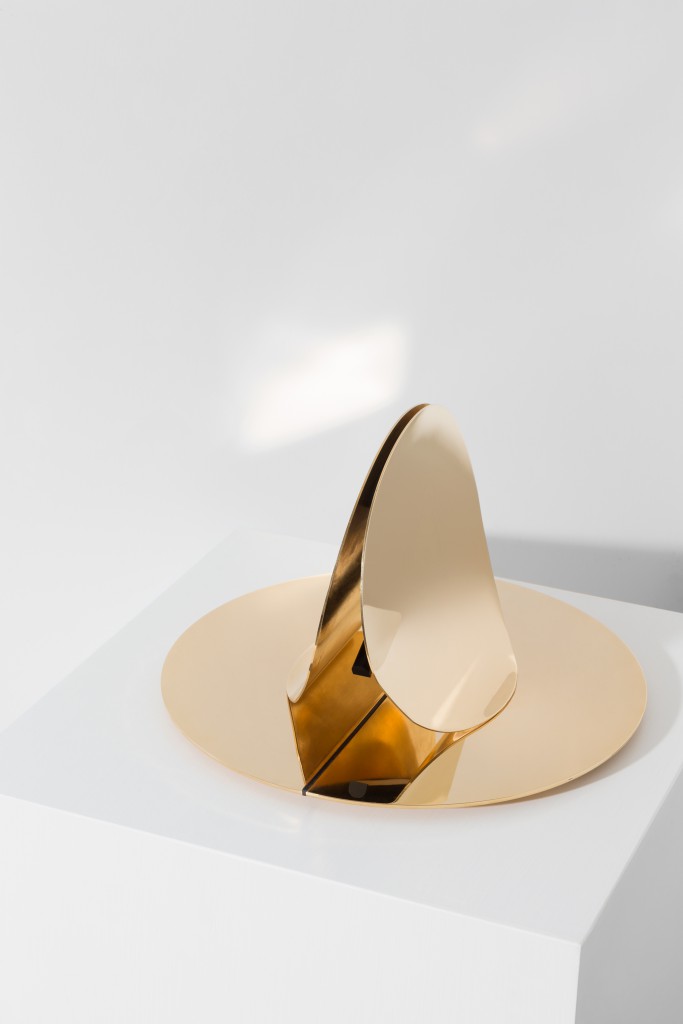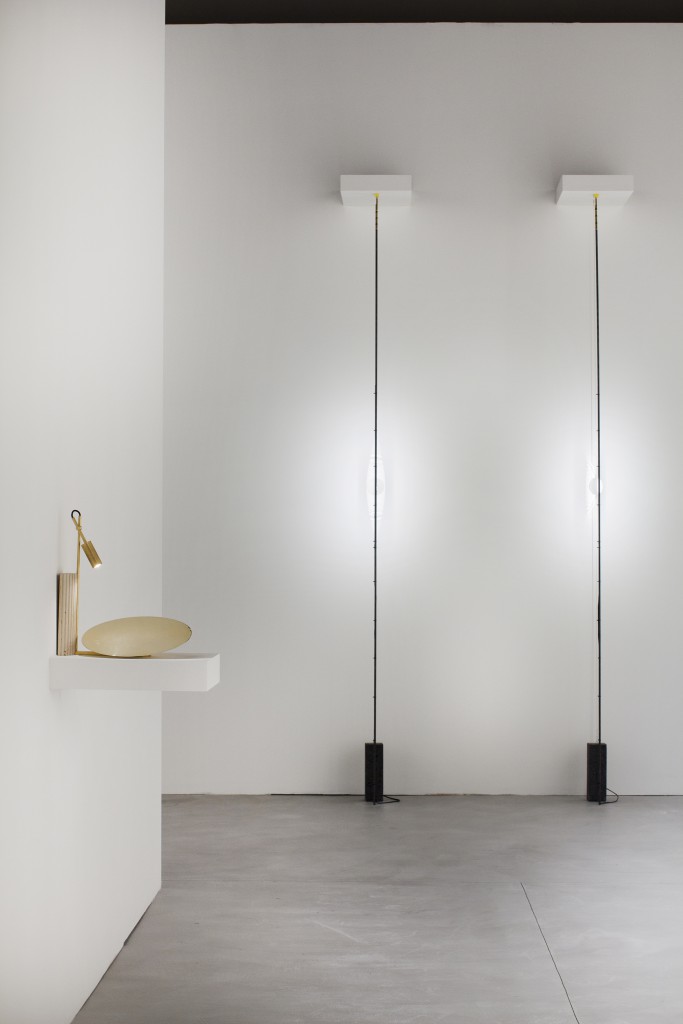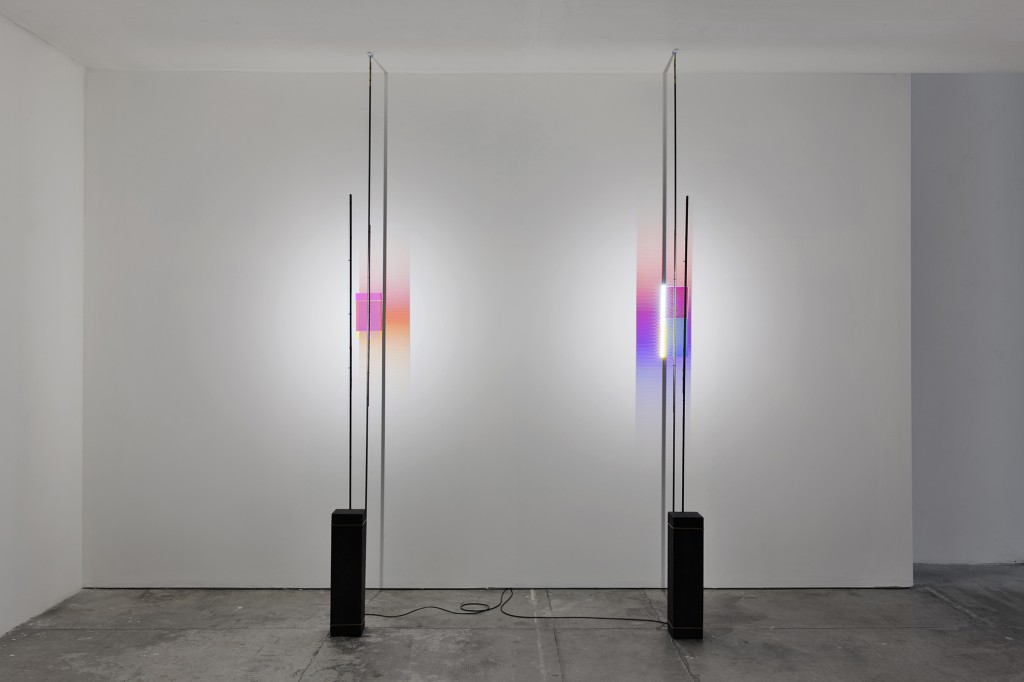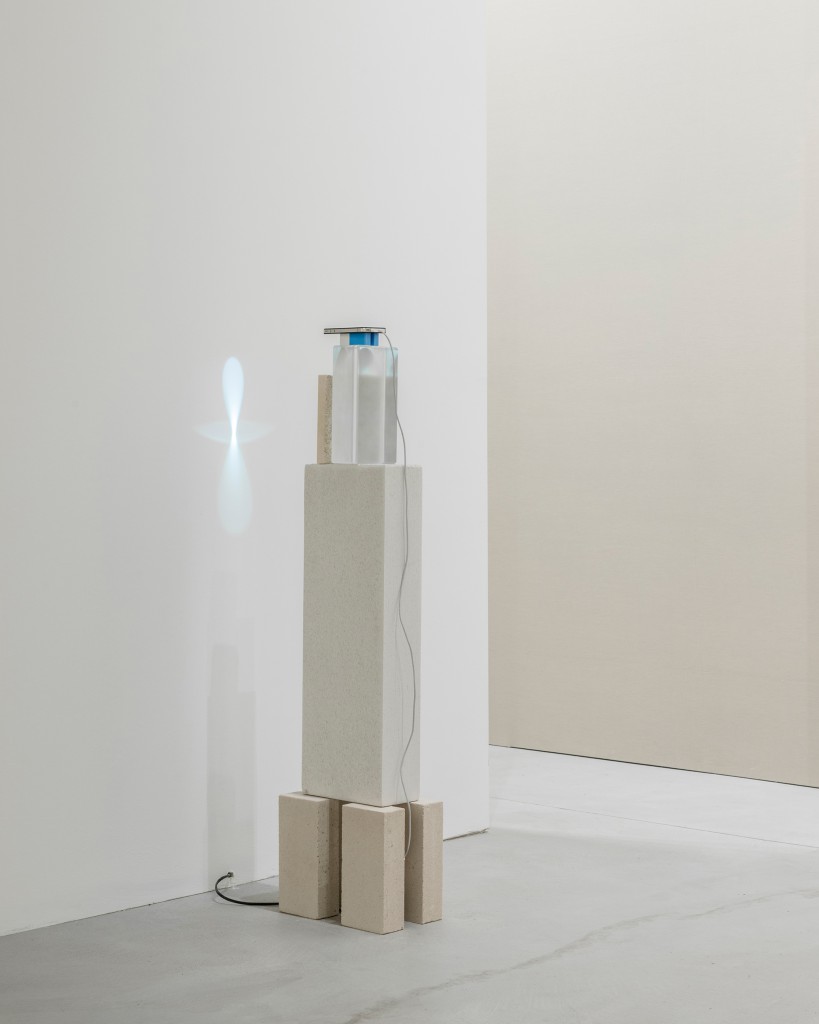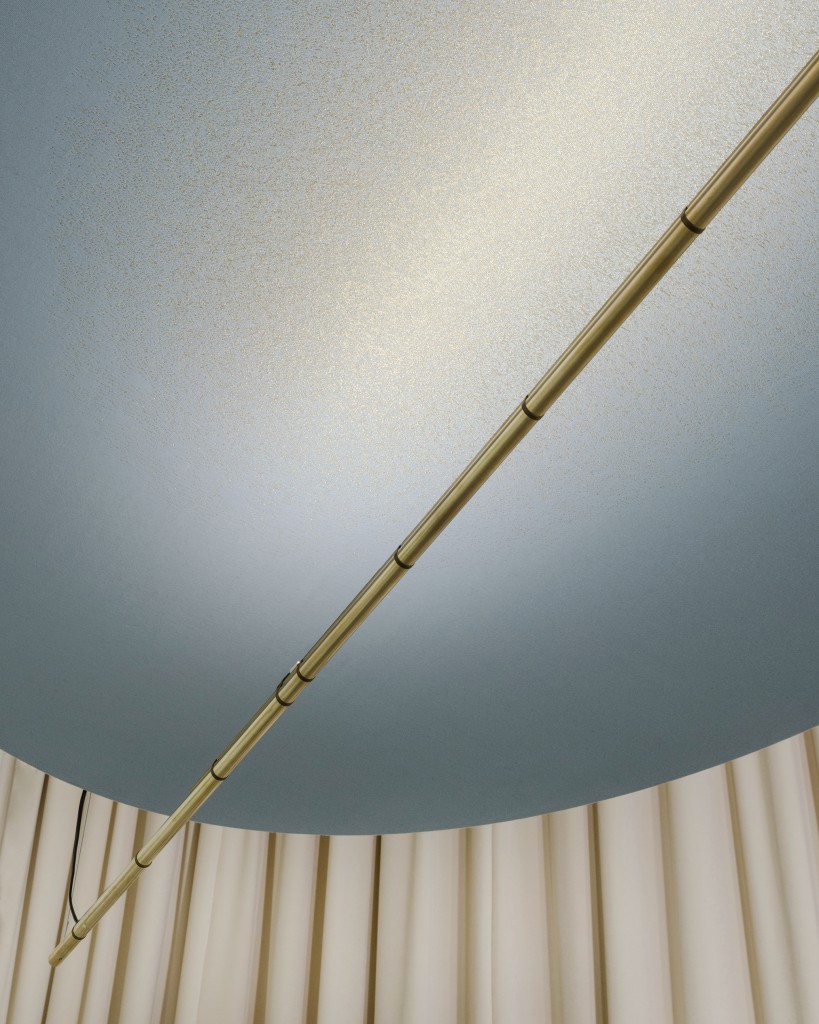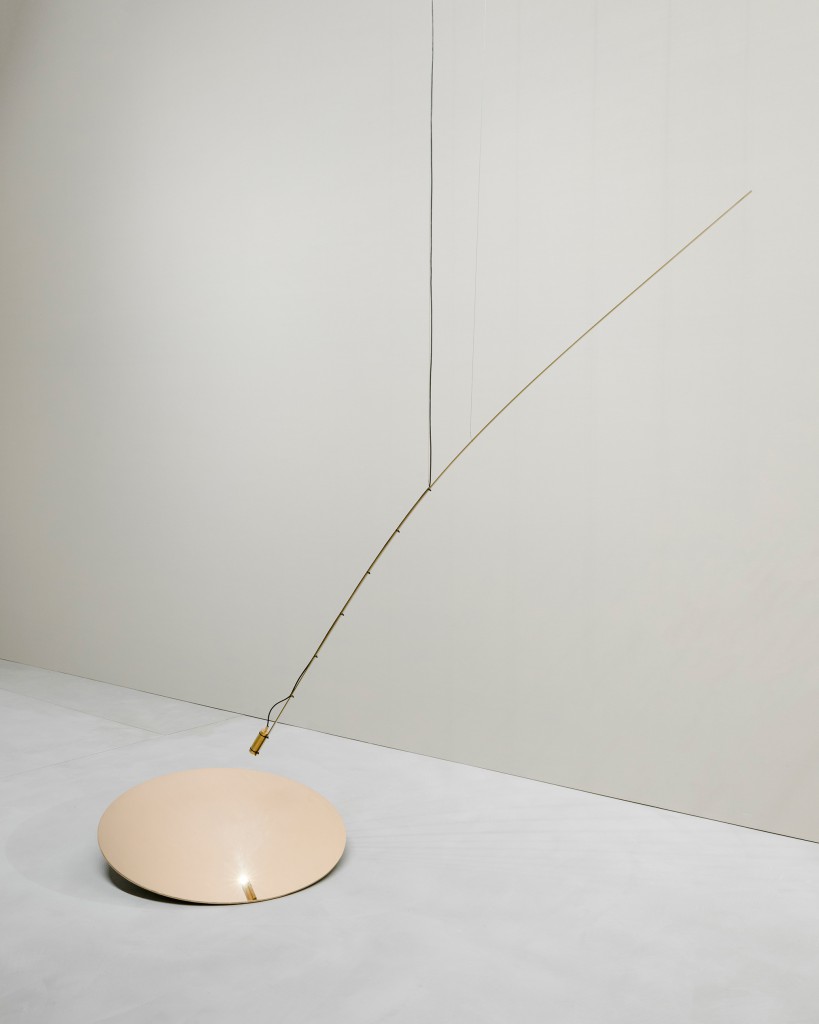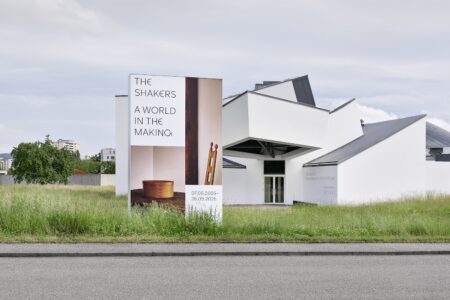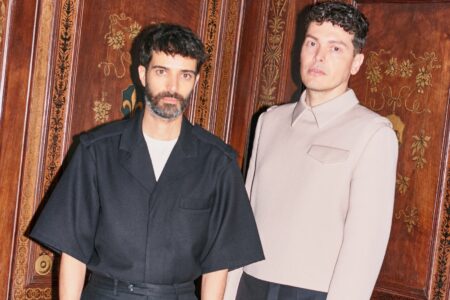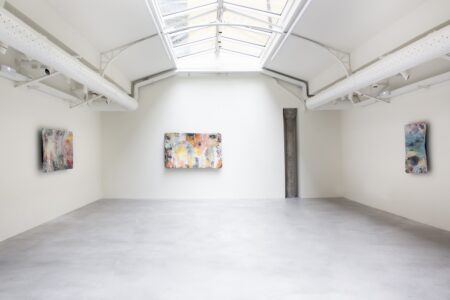Foundation by Formafantasma
Andrea Trimarchi and Simone Farresin are taking Formafantasma in a more industrial direction, starting with a set of two lamps for Flos.
At this year’s Milan Design Week, the Amsterdam-based Italian design duo Formafantasma had two firsts. One, occupying and reopening the famed Spazio Krizia, vacant for several years, which won them the Milano Design Award for best technology. And secondly, their first industrial collaboration, commissioned by lighting company Flos.
At Krizia, which has previously hosted Fuorisalone presentations by names such as Ingo Maurer and Ron Arad, Andrea Trimarchi and Simone Farresin shared a selection of objects from their Delta collection — developed for the Giustini/Stagetti Galleria O Roma — and a preview of an upcoming collaboration with Tilburg’s TextielMuseum. The show, titled Foundation, also featured a series of experiments with light, developed for Milan’s Peep-Hole contemporary art centre.
Light was, indeed, a big part of their narrative this year. The experimental Foundation exhibition was conceived to supplement the launch of WireRing and Blush Lamp. Their first industrially produced objects, the cord and glass creations made for Italian lighting company Flos, were presented at the Euroluce lighting exhibition at Salone Del Mobile. WireRing strips the lamp to its most minimal materialisation: the electric cable. Blush Lamp uses dichroic glass to expand energy and present it not just as a physical occurrence, but as an emotional one.
The companion installations at Krizia brought the sky into the room with brightly tinted reflections on the walls, shaping light itself with experiments designed as three-dimensional sketches. Made from pencils, erasers, LED strips, steel rods, bricks, polycarbonate lenses, bronze, glass and brass, the sculptural-looking objects defied typologies. “Even light is called into question by Formafantasma, where Andrea and Simone are able to open up a piece of the sky within the room,” explained curator Maria Cristina Didero.
This defiance of typology is, after a decade of existence, Formafantasma’s signature. Even now as they take their practice in a more industrial direction, they’re bringing their experimental nature with them.
